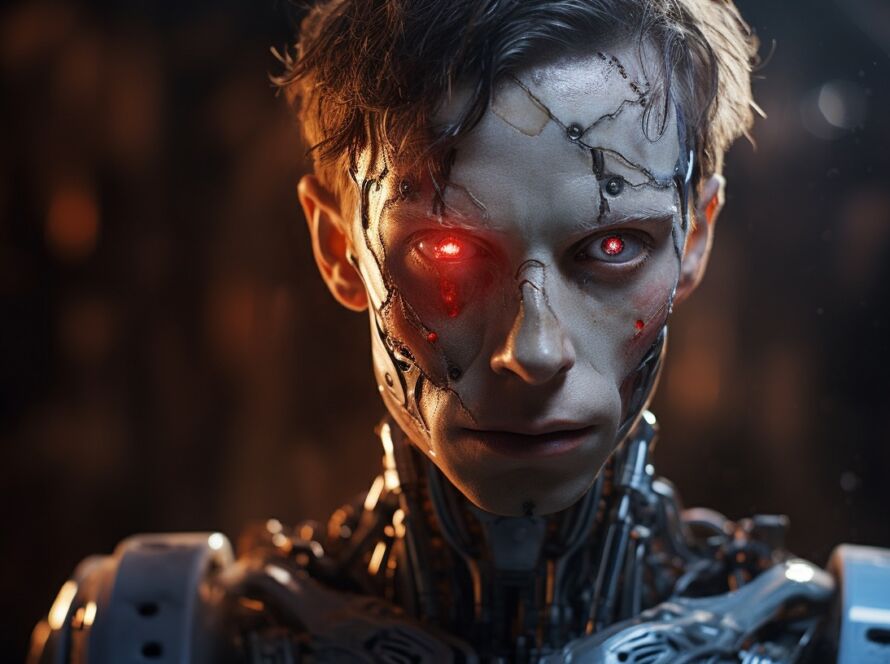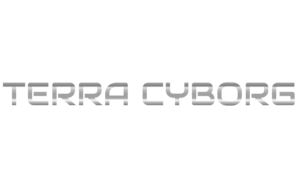The European Union’s current landmark Synthetic Intelligence Act has caught the eye of not simply political officers, but in addition these within the neighboring web3 trade. This groundbreaking act, as soon as finalized and accredited, will change into the world’s first complete regulation for AI. Mariana de la Roche Wills, a revered member of the Worldwide Affiliation for Trusted Blockchain Purposes, believes that the web3 trade ought to pay attention to this growth.
In a current interview, de la Roche Wills mentioned the potential synergy between blockchain and AI. She emphasised the necessity for transparency and accountability on the earth of AI, and defined how blockchain’s distinctive traits can play a vital position in defending basic rights.
Blockchain, with its immutability, traceability, and transparency, has the flexibility to reinforce the trustworthiness of AI-generated information. By storing information on a decentralized ledger, blockchain permits straightforward tracing again to the supply, permitting for higher evaluation of knowledge high quality and addressing considerations of the so-called “black field” AI methods.
Moreover, de la Roche Wills highlighted how blockchain can empower people to regain possession of their information. With the present information panorama, the place firms mine private information with out providing something in return, blockchain can function a software to facilitate information privateness and possession. People can have management over their information, deciding when, how, and with whom it’s shared.
The connection between AI and blockchain will not be one-sided. AI may profit blockchain purposes in varied methods. For example, AI instruments may also help establish patterns and lift crimson flags in detecting suspicious actions resembling cash laundering and terrorism financing. Moreover, AI’s capacity to investigate huge quantities of knowledge can improve automated market makers, permitting for extra exact decision-making in crypto buying and selling.
Whereas critics argue that regulatory measures might stifle innovation within the tech trade, de la Roche Wills believes that regulation fosters belief, encouraging larger engagement and adoption of know-how. Europe’s AI Act, in line with her, is a step in the appropriate path to make sure accountable AI deployment.
It’s evident that the convergence of blockchain and AI holds immense potential for shaping the way forward for know-how. Because the EU leads the best way in defining laws, it is going to be essential to strike a stability that promotes innovation whereas safeguarding basic rights.
FAQ:
Q: What’s the European Union’s landmark Synthetic Intelligence Act?
A: The European Union’s Synthetic Intelligence Act is the world’s first complete regulation for AI set to guard basic rights within the context of riskier types of AI.
Q: How can blockchain improve the trustworthiness of AI information?
A: Blockchain’s immutability, traceability, and transparency traits allow information saved on the decentralized ledger to be traced again to the supply, making certain higher evaluation of knowledge high quality and addressing considerations of opaque AI methods.
Q: How can blockchain empower people with information possession?
A: Blockchain can facilitate information privateness and possession by empowering people to regain management over their information, permitting them to determine when, how, and with whom it’s shared.
Q: How can AI profit blockchain purposes?
A: AI instruments may also help establish patterns and lift crimson flags for detecting suspicious actions in areas resembling cash laundering. Furthermore, AI’s analytical capabilities can improve automated market makers, enabling extra exact decision-making in crypto buying and selling.
Q: What’s the significance of Europe’s AI Act?
A: The AI Act is seen as a vital step in direction of accountable AI deployment. Regulation creates belief, encouraging larger engagement and adoption of know-how whereas defending basic rights.



